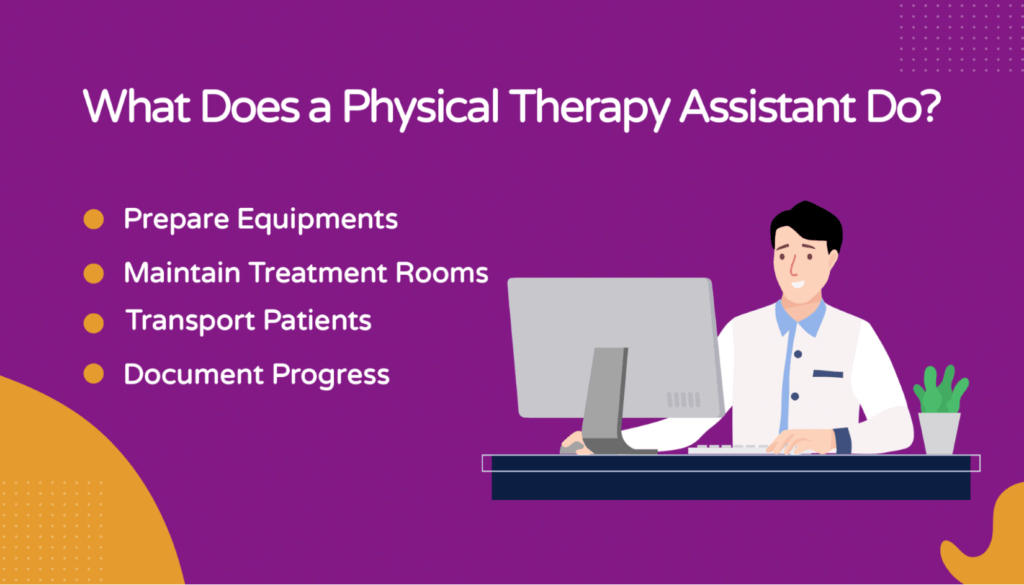Are you looking for a physical therapy assistant (PTA) for your medical practice? If you need someone to help provide therapy services to your patients, you will want to ensure that you're paying them a fair wage.
So, how much is the average physical therapy assistant salary? What factors affect how much you should pay your PTA?
This article will give you all the information you need to ensure you're offering your physical therapy assistant a competitive salary.
What does a physical therapy assistant do?
A physical therapy assistant is a trained professional who works under the supervision of a licensed physical therapist. They help patients with injuries or disabilities to improve their movement and manage their pain.
PTAs may work in various settings, including hospitals, nursing homes, outpatient clinics, and for home health agencies.
The duties of a PTA vary depending on the work setting.
However, some typical responsibilities include:
- Assisting patients with exercises and equipment
- Teaching patients how to use assistive devices
- Providing support and encouragement to patients
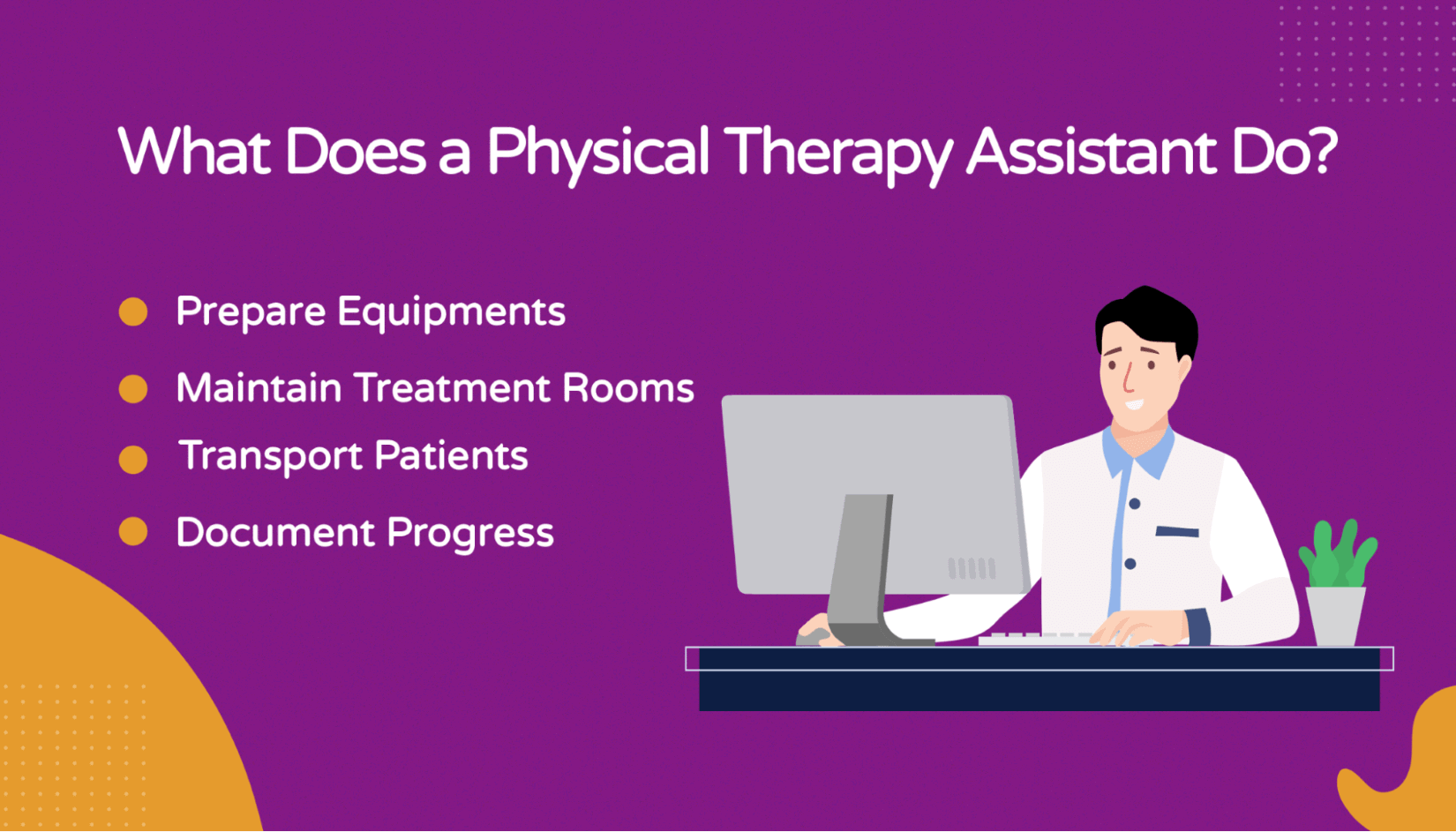
Read our detailed guide to learn more about the roles and responsibilities of a physical therapy assistant.
What is the average physical therapy assistant salary?
According to Bureau of Labor Statistics data, the average physical therapy assistant salary is $60,740 per year, or $29.20 per hour. There has been a 1.7% rise in the employment rate of physical therapy assistants and a 0.7% rise in their salaries.
If this sounds steep to you, learn more about how Hello Rache can help your medical practice save time and money with qualified virtual assistants by booking a call with our team.
Factors to consider when determining a physical therapy assistant's salary
When you hire a physical therapy assistant, there are several factors you should consider to ensure you are offering a competitive salary:
- Geographic location: If you live in an area with a high cost of living, you will likely need to pay your physical therapy assistant more than someone who lives in a rural area.
- Experience: More experienced physical therapy assistants will demand a higher salary than those just starting.
- Type of facility: The type of facility you work in can also affect your salary. For example, physical therapy assistants who work in hospitals tend to earn more than those who work in private clinics.
- Benefits: In addition to their salary, you should also consider offering benefits such as health insurance and paid time off.
The salary range for physical therapy assistants also depends on their level of education. If an individual is familiar with advanced physical therapy treatments, they will want a higher salary.
How does the industry type affect physical therapy assistant salary?
According to BLS data, physical therapy assistants earn the highest salaries in-home healthcare services. The annual mean wage for a physical therapy assistant in this industry is $75,130 per year, or $36.12 per hour.
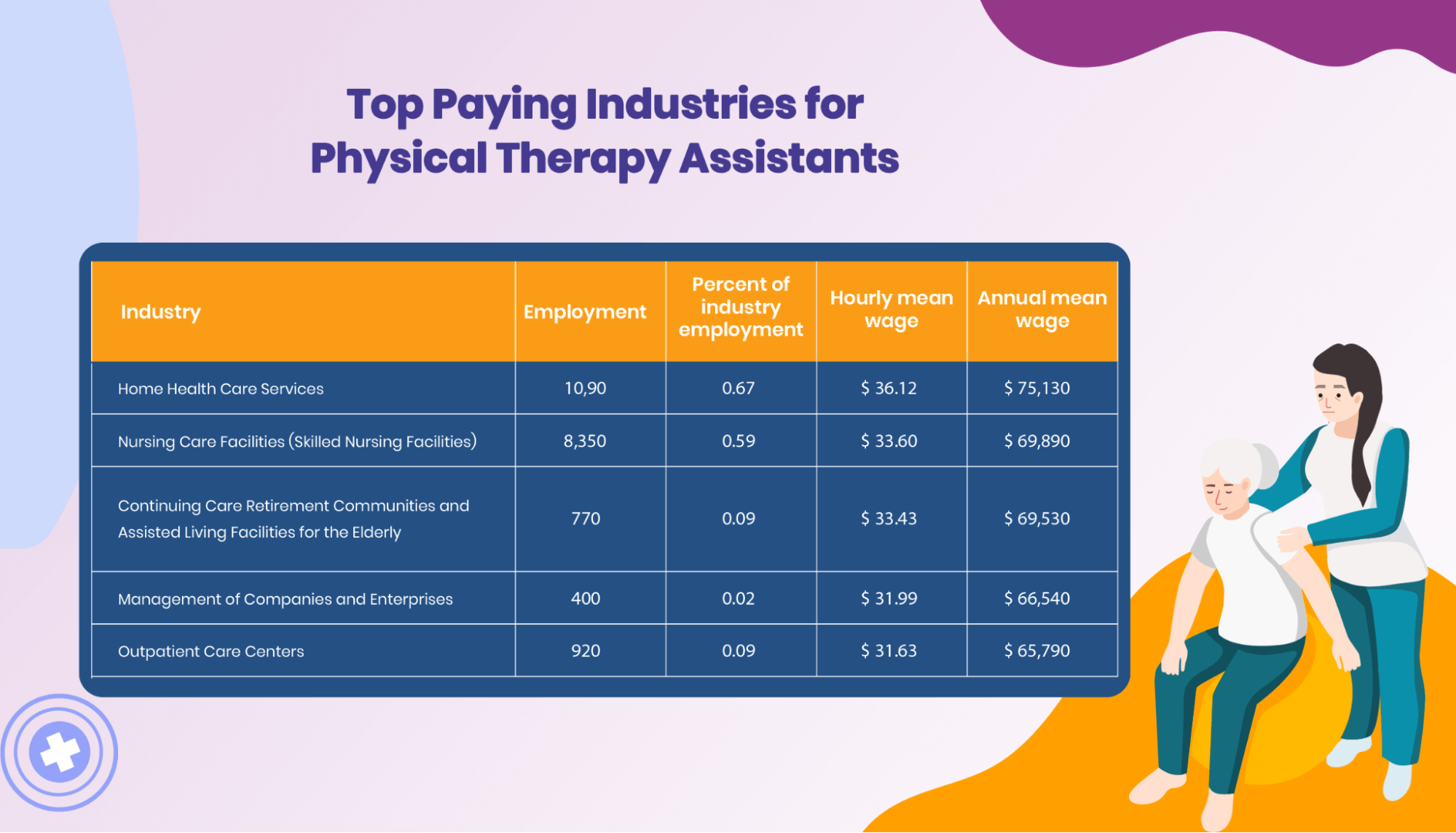
Meanwhile, nursing care facilities pay the second highest salaries to physical therapy assistants, at $69,890 per year. Other high-paying industries include assisted living facilities for the elderly and outpatient care centers.
Some industries tend to pay physical therapy assistants more than others. Here are some common sectors that hire physical therapy assistants:
- Home health care services: Physical therapy assistants can provide in-home care to patients, which can be more convenient for those with limited mobility. Home healthcare services may pay slightly higher salaries to attract and retain quality workers.
- Hospitals: Hospitals always need physical therapy assistants to help patients recover from injuries, surgeries, and illnesses. Many hospitals offer competitive salaries and benefits to attract qualified candidates. In hospitals, physical therapy assistants earn an average salary of $65,660 per year.
- Nursing care facilities: In nursing care facilities, physical therapy assistants help patients with long-term needs recover and regain as much independence as possible. These facilities pay an average salary of $69,890 per year to physical therapy assistants.
- Assisted living facilities: An assisted living facility is a type of housing designed for people who need some help with activities of daily living but don’t require the constant medical care provided in a nursing home. On average, physical therapy assistants in assisted living facilities typically earn competitive salaries, ranging up to $69,530 per year.
- Outpatient care centers: Outpatient care centers provide medical services to patients who don’t need to be hospitalized. On average, physical therapy assistants at outpatient care centers earn $65,790 per year.
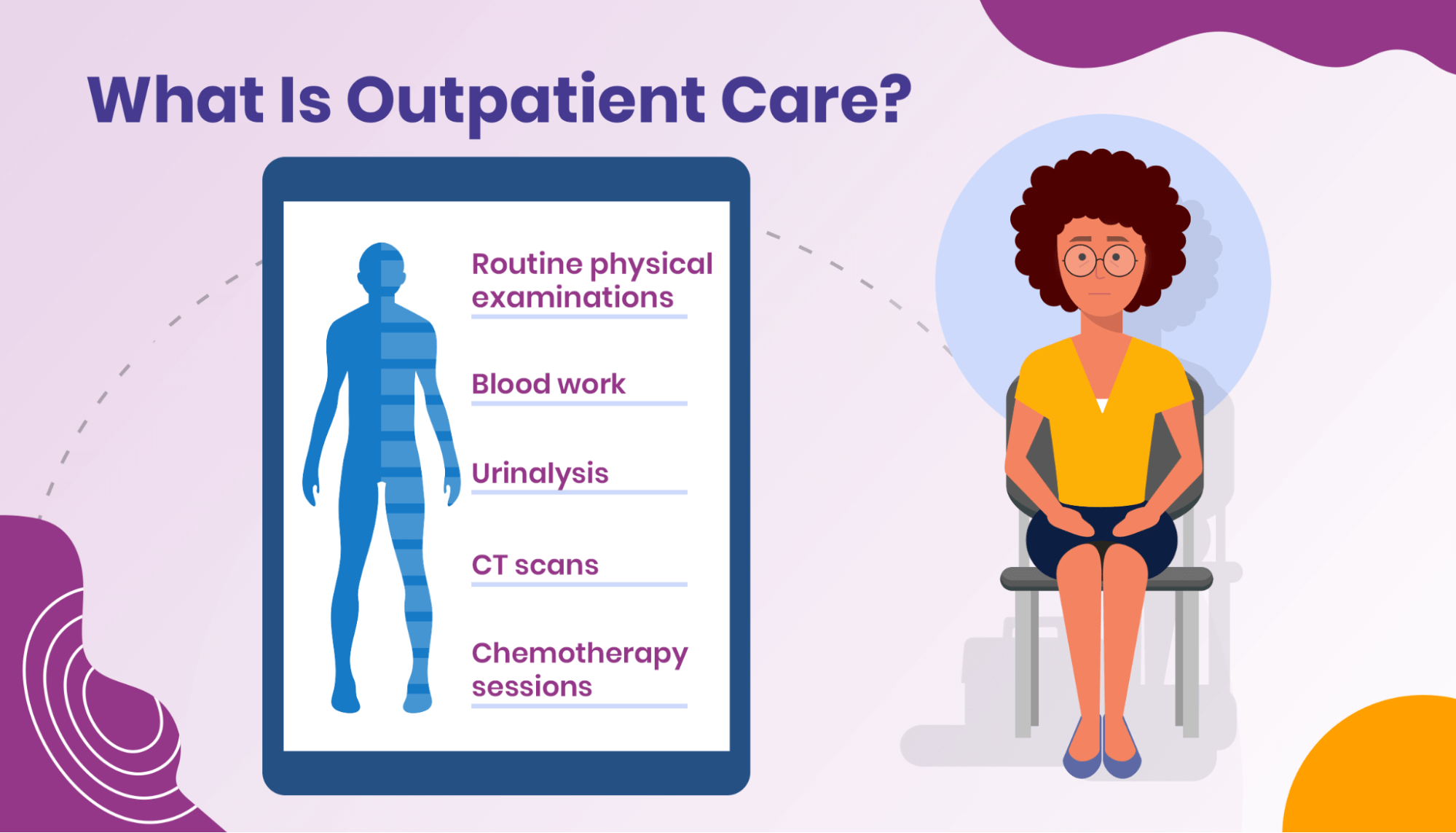
How does the geographical location affect a physical therapy assistant's salary?
Some states hire more physical therapy assistants than others, mainly due to the size of the state and the number of PT clinics.
BLS data shows Texas has the highest employment level for physical therapy assistants. The state hires 7,690 physical therapy assistants, paying an average annual salary of $69,470.
California, Ohio, and Pennsylvania are other states with high employment rates for physical therapy assistants. If your medical practice is in one of these states, you'd have to pay physical therapy assistants a competitive salary to retain them.
When there's a high demand for any profession, the salaries are driven up because employers must offer more to attract and keep good employees. The cost of living is also a factor in these states.
You don't want the best talent to get into your competitors' hands, do you? That's why you need to compensate physical therapy assistants well.
In general, larger cities will have higher salaries than smaller towns due to the increased cost of living in these areas. As you can see in the table below, the hourly rate for physical therapy assistants in all these states is higher than average.
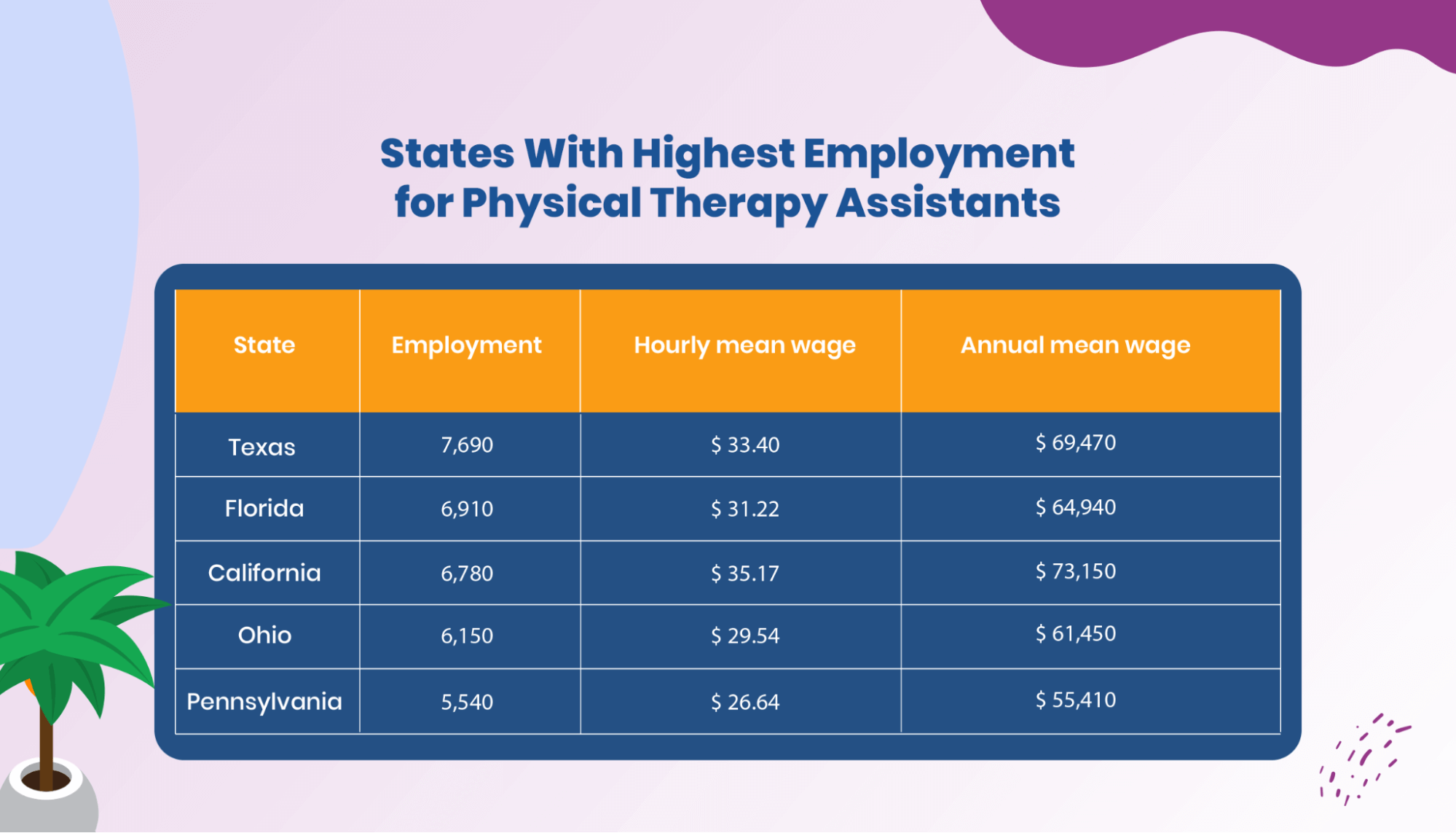
Which skills and qualifications can increase a physical therapy assistant's salary?
Like every other job, salaries for physical therapy assistants (PTAs) depend on various factors. Some of these, such as experience, geographic location, and employer type, are out of the
professional’s control.
However, there are a few things that physical therapy assistants can do to increase their salaries.
CPR certification
A CPR certification equips the physical therapy assistant with the ability to save a life in an emergency.
Plus, it also shows that the individual is dedicated to their field and is willing to go above and beyond expectations. These professionals may also be more likely to advance their careers.
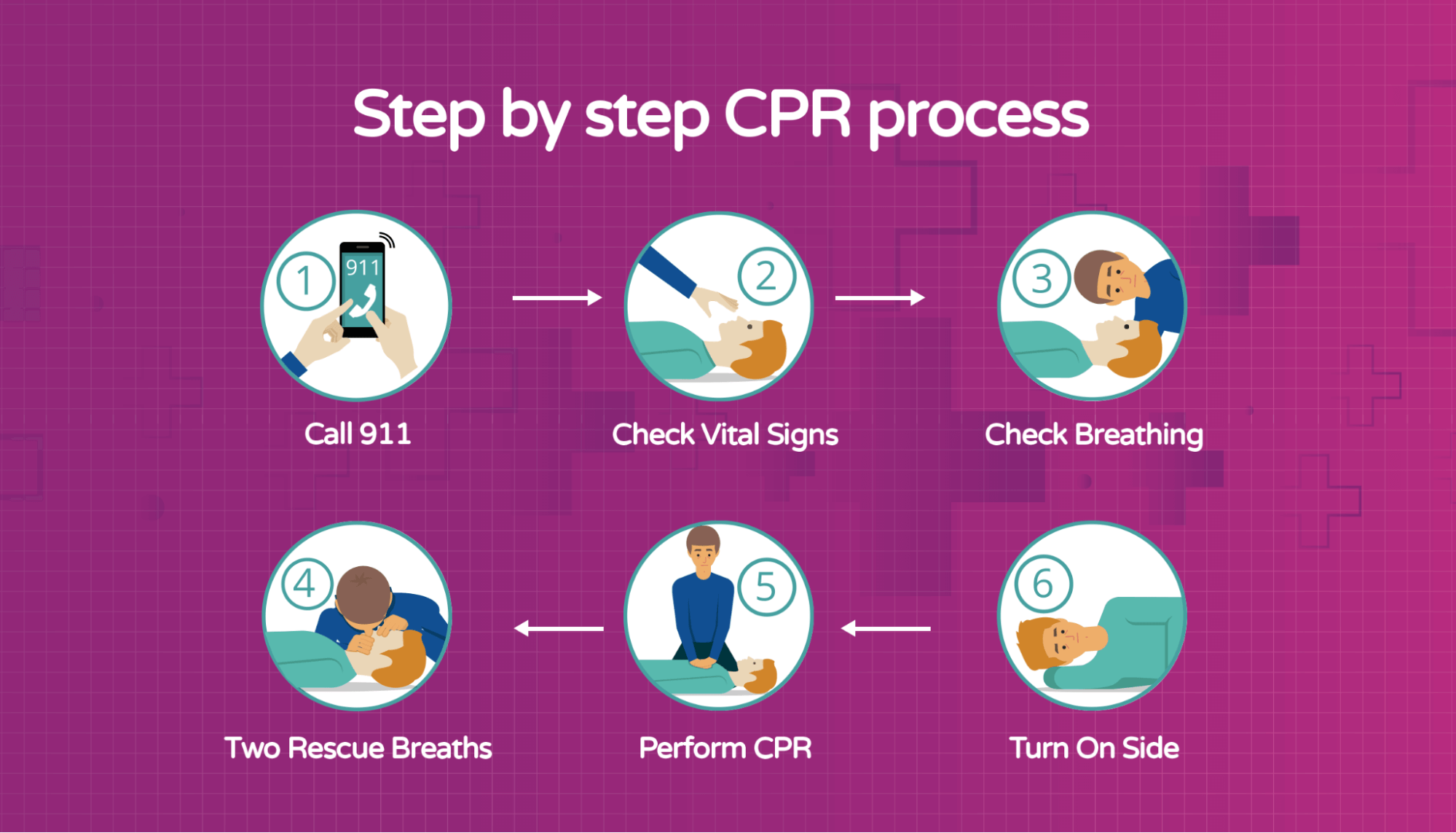
Here's what physical therapy assistants learn in a typical CPR certification:
- Hands-only CPR: It's a method of CPR that doesn't require mouth-to-mouth resuscitation. In this method, the physical therapy assistant will only perform chest compressions.
- Use of an automated external defibrillator (AED): The device is used to restart a stopped heart.
- Mouth-to-mouth resuscitation: Mouth-to-mouth resuscitation is an artificial ventilation method used when the person's breathing or heartbeat has stopped. It helps to get oxygen into the lungs and keep the blood circulating. Although its practice has been limited since the COVID-19 pandemic (to prevent infection and viral transmission), it’s still a part of many CPR certifications.
- CPR for infants: The physical therapy assistant will learn how to properly perform CPR on an infant. For instance, they'll learn how to support the infant's head and neck while performing CPR.
- Compression-only CPR: The strategy is effective for children and adults. It's a hands-only method that doesn't require rescue breaths.
A CPR certification can increase a physical therapy assistant's salary by 14.61%. Since 2018, there has been an 18.34% increase in jobs that require candidates to have this certification.
Home care
Home care is an area of physical therapy that involves providing therapy services to patients in their homes. The job duties of a home care physical therapy assistant include:
- Assisting patients with exercises
- Teaching patients and caregivers how to use adaptive equipment
- Designing home exercise programs
- Monitoring patients' progress
Home care physical therapy assistants earn 38.45% more than the national average salary. The high pay for home health specialists is due to the increasing demand for their services.
There are several reasons patients prefer to receive therapy at home, including:
- Comfort: Home is a comfortable and familiar environment for most people.
- Convenience: Home care services are convenient because patients don't have to travel to receive them.
- Familiarity: Since home care physical therapy assistants usually work with the same patients, they get to know them and their families well. As a result, familiarity can make treatment more effective.
Which employee benefits should you offer a physical therapy assistant?
Besides salary, it's also important to offer employee benefits to your workforce to ensure high retention rates. Here are some common benefits for physical therapy assistants.
- Commuter assistance: If your assistant has to commute a long way to work, you can offer commuter assistance. It can come in the form of a stipend to help with public transportation costs or a parking spot closer to the office.
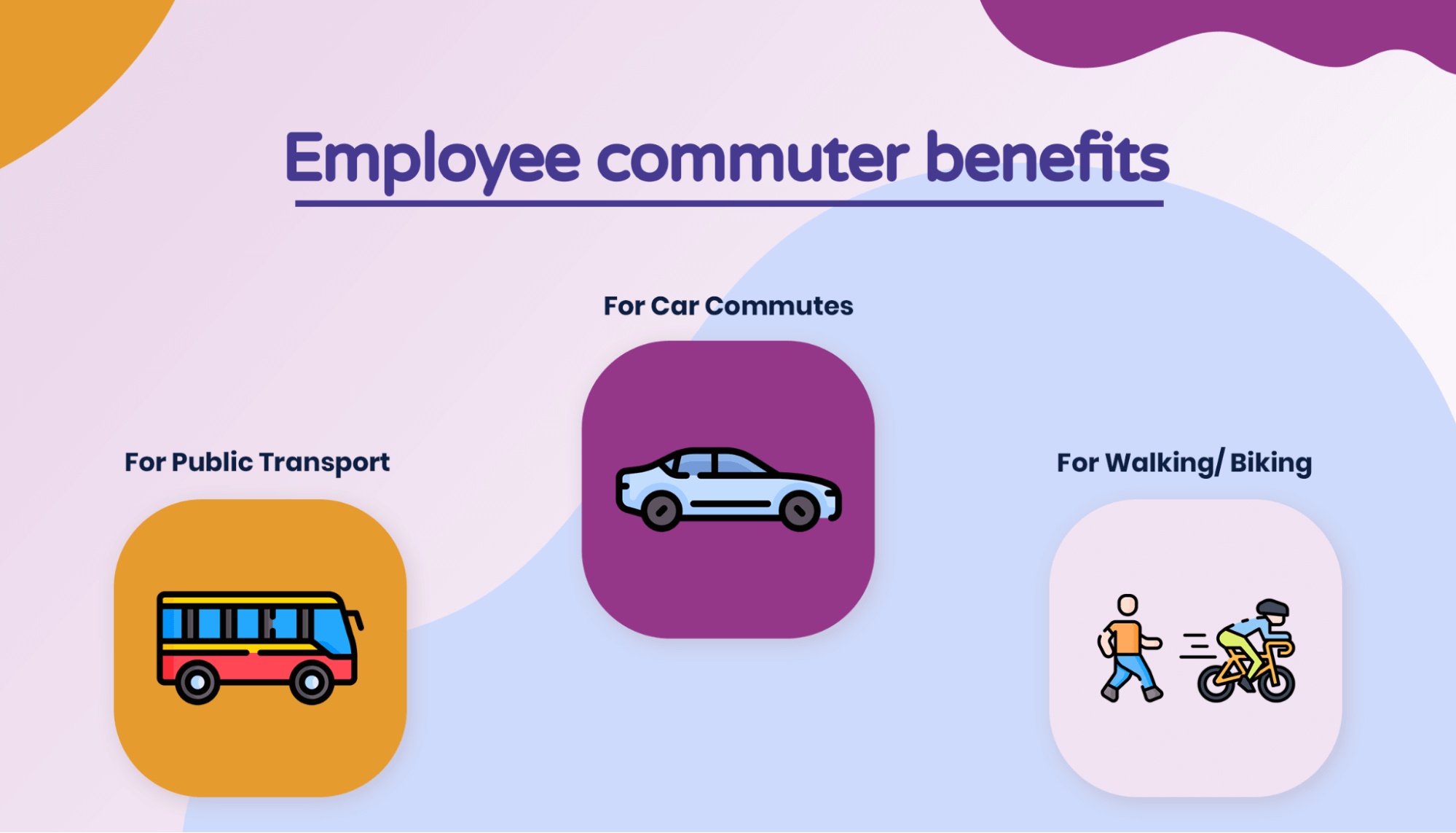
- Continuing education: Most states require physical therapy assistants to complete continuing education credits (CEUs) to maintain their licensure. You can offer to cover the cost of CEUs or reimburse your employees for courses they take.
- Flexible spending account: Such an account allows your employees to set aside pretax money for eligible healthcare expenses.
- Paid time off: When you hire a physical therapy assistant, you must offer them paid time off. It helps to ensure they can take the time they need to rest when they feel ill or burnt out.
- Professional development assistance: Many practices offer professional development assistance to physical therapy assistants. For instance, you can pay for your courses or degree programs. It will help your assistants learn about advanced physical therapy services and treatments.
- Retirement plan: You can also offer a physical therapy assistant retirement plan. It will provide financial security for your team members in their retirement years. Plus, it improves employee retention rates.
- Health insurance: Many physical therapy assistants also expect to get health insurance as a part of their benefits package. You can offer dental and vision insurance too.
- Life insurance: If you have the resources, you can also offer life insurance to your physical therapy assistants.
- Wellness program: An employee wellness program should include various activities and offerings to appeal to the diverse needs of your workforce. It is important to consider the physical, mental, emotional, and social wellness of your employees.
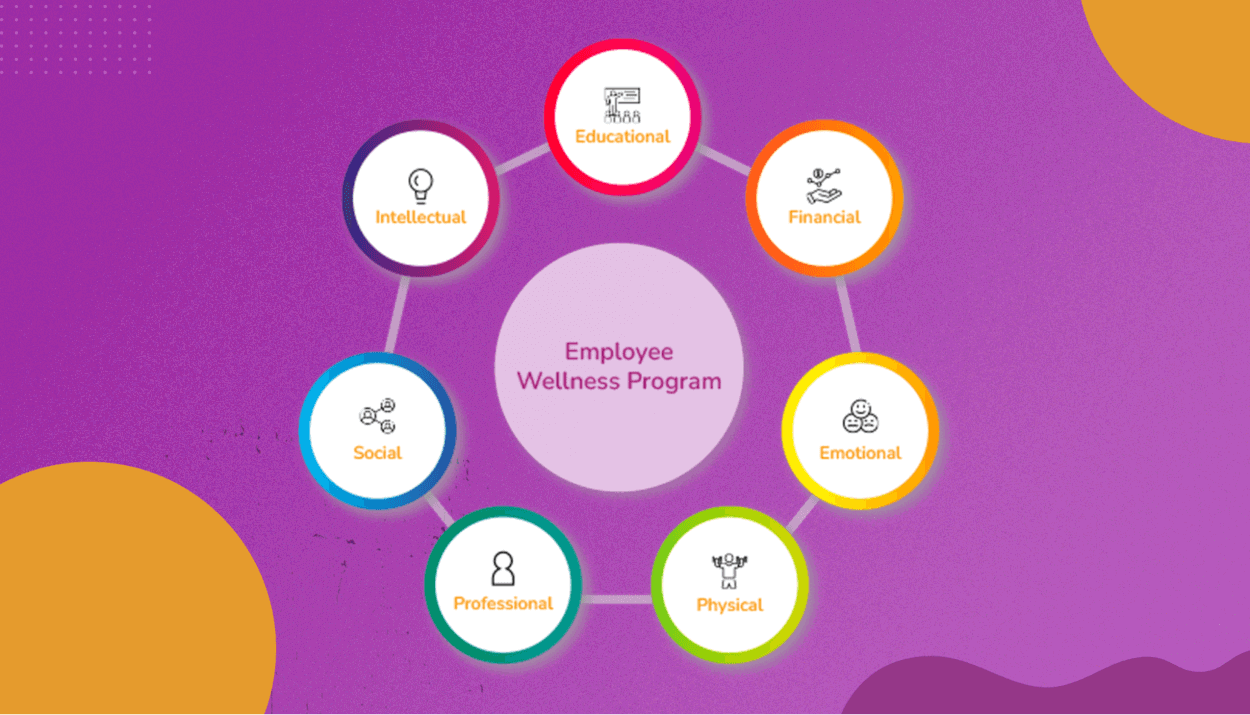
Why might it be cheaper to hire a virtual physical therapy assistant?
Many businesses see the benefits of hiring a virtual assistant, especially in the current wave of telemedicine. There are a few key reasons why it might be cheaper to hire a virtual physical therapy assistant.
First, you don't have to pay for office space. Alternatively, if you were to hire an in-office physical therapy assistant, you would have to pay for their hourly wage, benefits, and office space.
With a virtual physical therapy assistant, you only have to pay for their hourly wage and benefits. So it can save you a significant amount of money, especially if you're running a small physical therapy facility.
Secondly, you don't have to deal with the added expense of commuter assistance since your employees can live and work from anywhere.
Commuter costs can quickly add up, especially in a larger city. It can be even more costly if you have employees living outside the city.
Hire virtual assistants at pocket-friendly salaries
The average physical therapy assistant's salary is $60,740 per year, but professionals can earn an even higher wage. It depends on their years of experience, geographic location, and other factors.
Do you want to hire virtual physical therapy assistants at reasonable prices? Schedule a consultation with Hello Rache to learn more.

